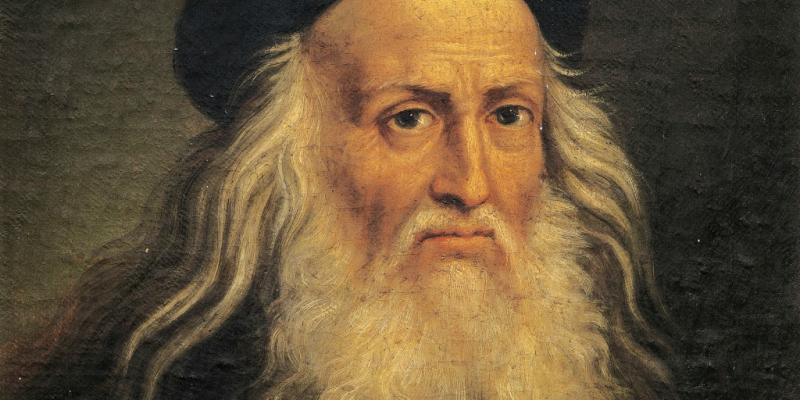Fourteen living descendants of Leonardo da Vinci are identified



July 13, 2021, 9:03 PM UTC / Updated July 14, 2021, 5:40 PM UTC By Denise Chow
Fourteen people alive today in Italy can claim that they are descendants of Leonardo da Vinci, according to a study of the Renaissance genius' family tree.
Researchers traced da Vinci's genealogy over nearly 700 years and 21 generations, from 1331 to the present day, beginning with da Vinci's great-great-great grandfather Michele.
The findings, published July 4 in the journal Human Evolution, could enable historians to reconstruct da Vinci's genome, helping them "scientifically explore the roots of his genius" and other characteristics, such as his left-handedness and unique sensory perceptions, the researchers wrote in the study.
Alessandro Vezzosi, a historian at the Museo Ideale Leonardo Da Vinci in Italy, and Agnese Sabato, president of the Leonardo Da Vinci Heritage Association, mapped five major branches of the updated family tree. Da Vinci, best known for painting "The Last Supper" and "The Mona Lisa," had no children, but his blood relatives include 22 half siblings. The Renaissance artist, scientist and engineer was born out of wedlock on April 15, 1452.
Vezzosi and Sabato scoured historical documents to identify the living relatives through an unbroken male line from da Vinci's father, Ser Piero, and half brother Domenico. The living descendants range in age from 1 year old to 85 years old, according to the researchers.
Leonardo Da Vinci bear's head drawing is up for auction
July 8, 202100:39
The historians are planning to conduct genetic analyses of the living relatives to zero in on the Y chromosome, which is passed down to male descendants, and "in which the indelible profile of Leonardo's personal and family identity is stamped," the researchers wrote in the study. Because this particular male line is unbroken, it's possible that the Y chromosome remains unchanged, they said.
In addition to revealing new insights into da Vinci's personality and health, a DNA study could help verify his remains. Da Vinci died in 1519 and is thought to be buried in Amboise, France, but the precise location is not known.
The new study is part of an international effort to find and sequence the polymath's DNA. The so-called Leonardo Da Vinci DNA Project includes researchers from the Leonardo Da Vinci Heritage Association, the Museo Ideale Leonardo Da Vinci and the California-based J. Craig Venter Institute.
Denise Chow
Denise Chow is a reporter for NBC News Science focused on general science and climate change.

